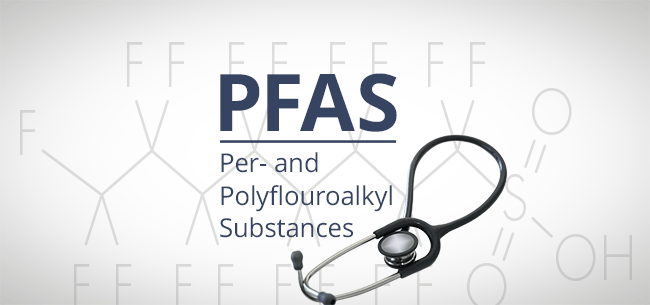PFAS: "Eternal chemicals" in the environment and our bodies
On 24 April (18:00 - 19:30), Thomas Oudega from the research group of Julia Derx and Alfred Paul Blaschke will give a lecture on per- and polyfluorinated chemicals (PFAS) at the VHS Wiener Urania.

© Ursula Lair | upart[unlimited]
PFAS belong to a group of substances that are often referred to as "eternal chemicals", as they are very difficult to break down in the environment and in our bodies. PFAS are used in particular to make fluoropolymer coatings and products that are heat, oil, dirt, grease and water repellent. Fluoropolymer coatings can be found in a variety of products, including clothing, furniture, adhesives, food packaging, heat-resistant non-stick cooktops and more.
Many PFAS, including perfluorooctane sulfonic acid (PFOS) and perfluorooctanoic acid (PFOA), are of concern as they are not only very difficult to degrade but are also bio-accumulative and at higher doses can affect our body's growth and development, thyroid function, immune system and liver. Currently, concentrations in the environment are mostly very low (ng/l), but it is not yet known how these low concentrations could affect our health over years or decades. Regulatory authorities in the EU and around the world are constantly working to improve laws to protect our health. But what about the PFAS already present in the environment? Where can they occur? What role does water play as a transport medium? What options are there for removing them? This presentation will first give an overview of the origin, transport and fate of PFAS in the environment and then discuss the legal framework for the protection of groundwater and drinking water and the investigations at ICC Water & Health into the fate of these substances in groundwater.
Further information can be found at https://www.vhs.at/de/k/287676965.
